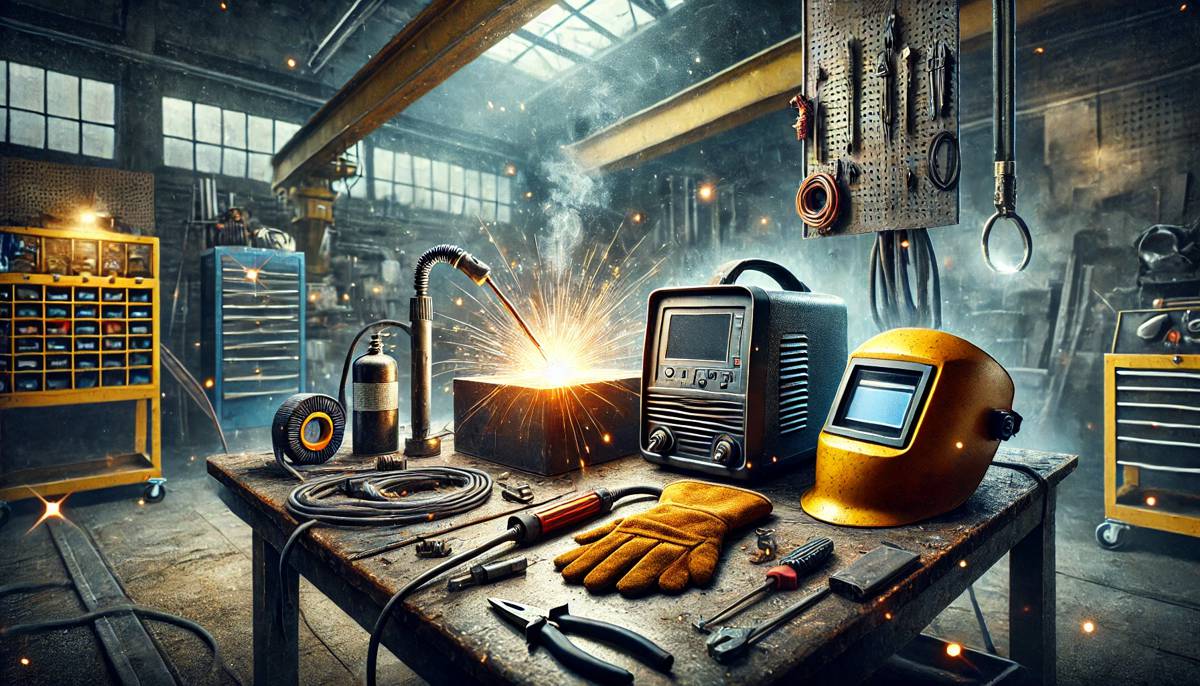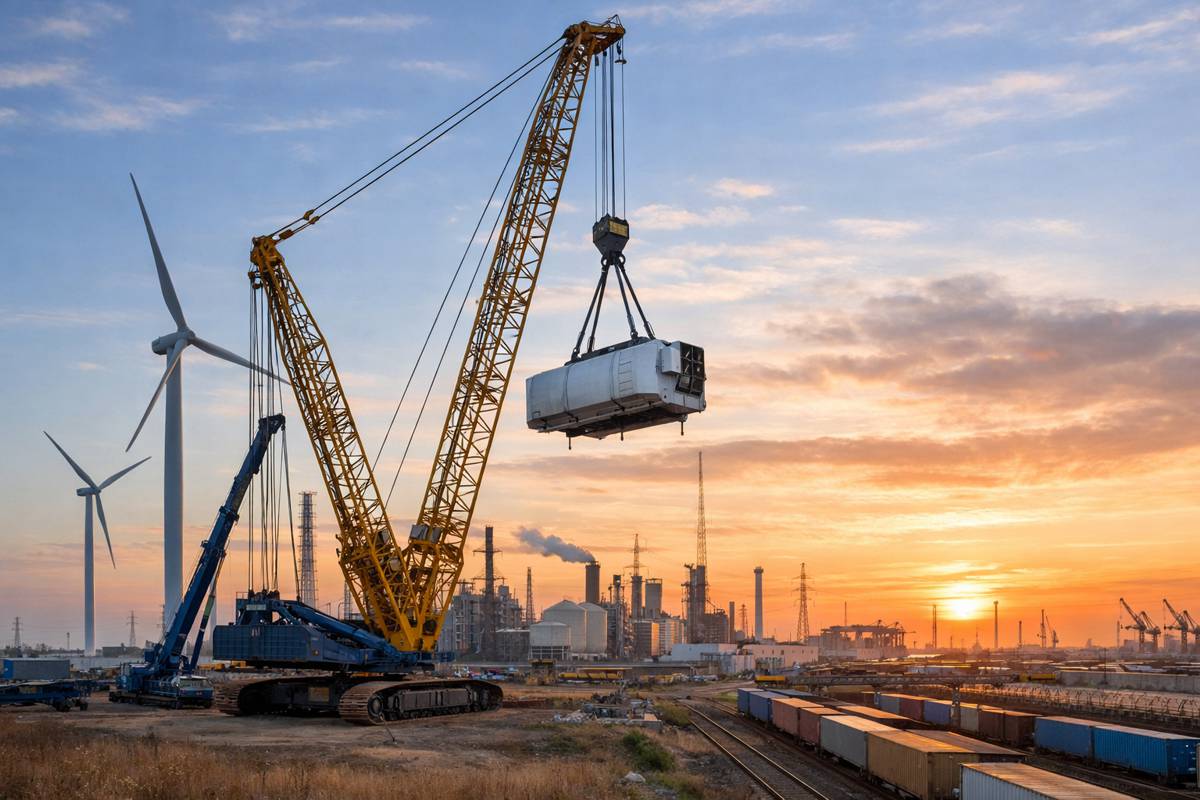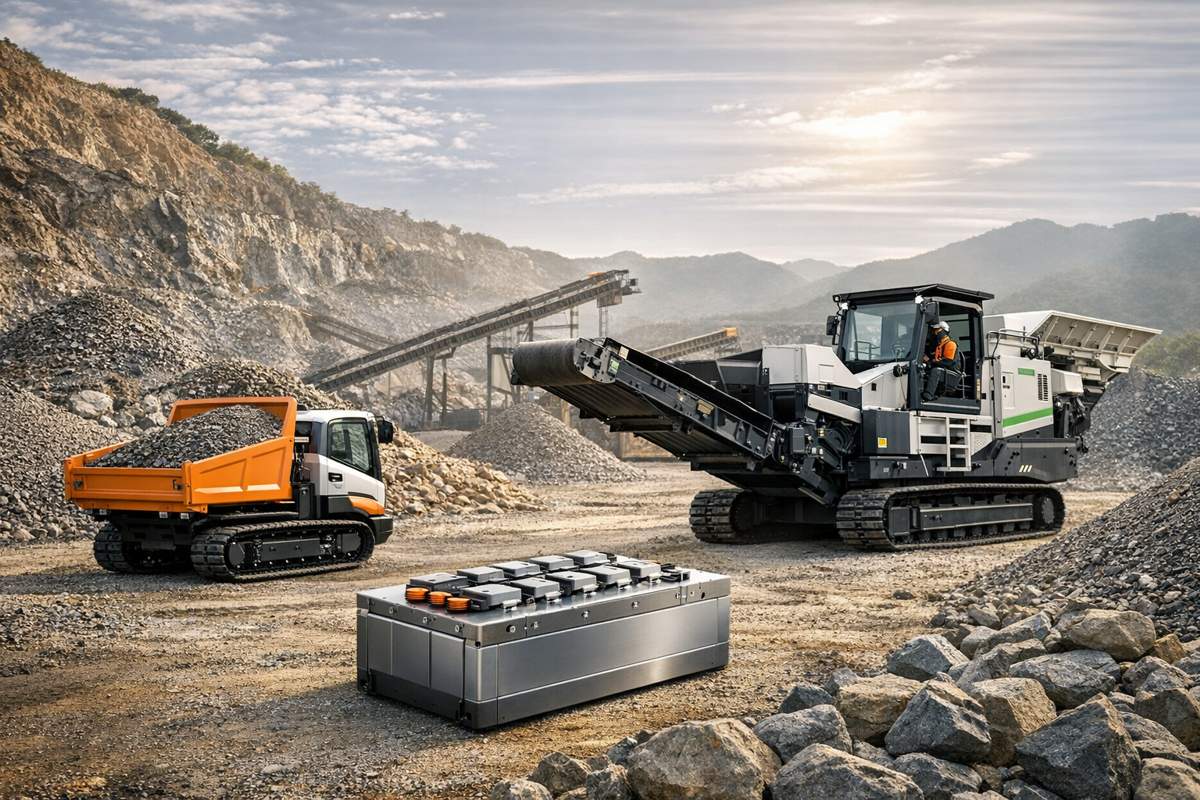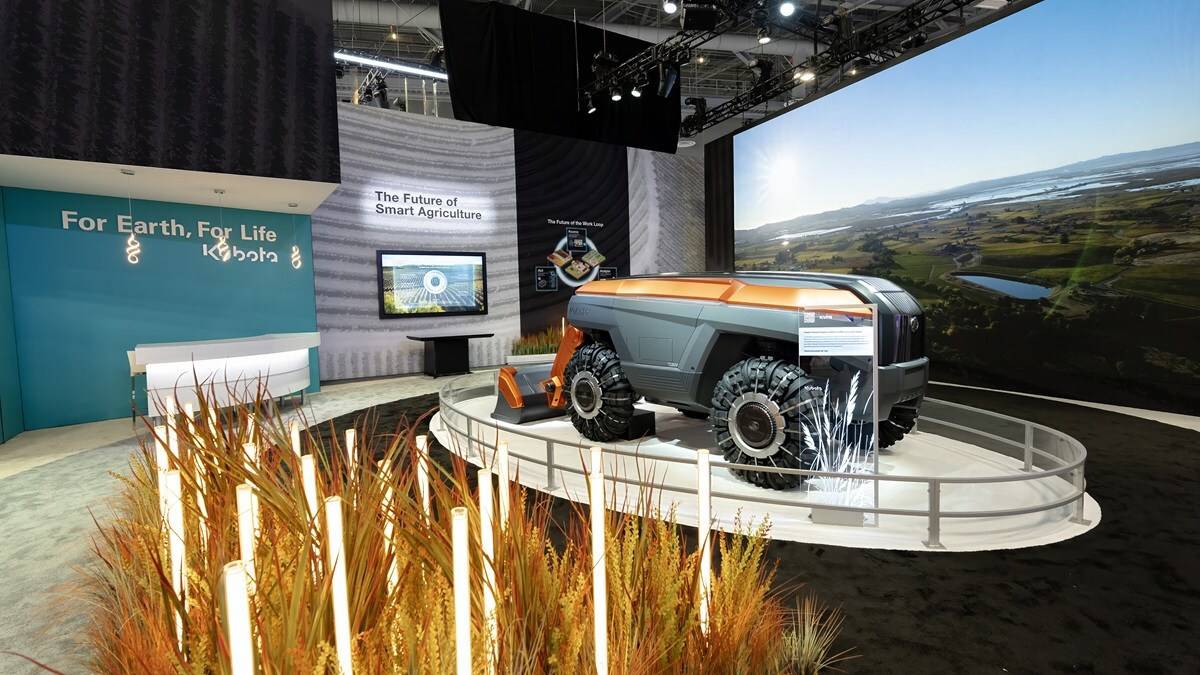How to Choose the Best Professional Welders for your Workshop
Selecting the right professional welders for your workshop is essential for ensuring efficiency, quality, and productivity of your welding operations.
With numerous options on the market, understanding the types of welding machines and their features will help you make an informed decision. This guide highlights key factors to consider when choosing the best welder for your specific workshop needs.
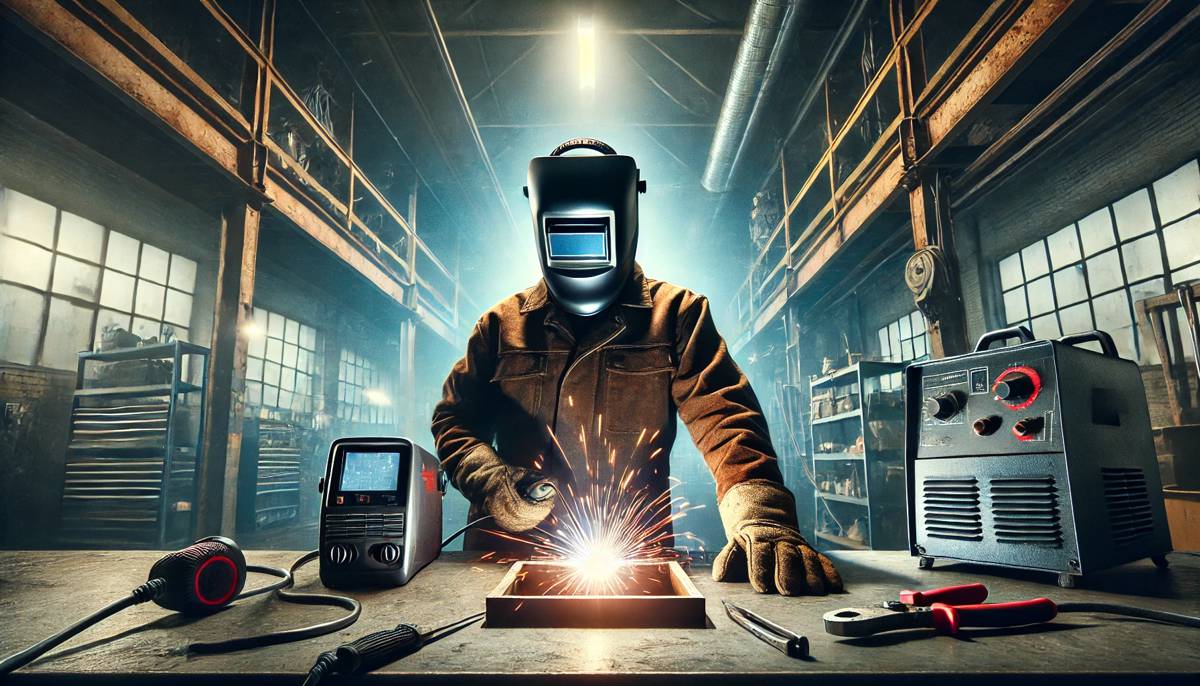
Types of professional welders
The first step in choosing the best professional welders for your workshop is to understand the various types of welding machines and their compatibility with different welding processes. Each type of welder is designed to meet specific needs, so selecting the right one depends on the nature of your projects.
Whether you’re handling precision tasks, heavy-duty jobs, or diverse applications, identifying the most suitable welder will ensure efficiency and quality.
- MIG welders, or GMAW (Gas Metal Arc Welding) machines, are favoured for their versatility and efficiency. They excel at welding thicker materials like steel and aluminium, making them ideal for heavy-duty tasks in construction and automotive workshops. MIG welders are easy to use, making them a popular choice for both beginners and seasoned welders.
- TIG welders, also known as GTAW (Gas Tungsten Arc Welding) machines, are best for precision work. They are particularly suited for welding thin materials like stainless steel and aluminium, producing clean, high-quality welds with minimal spatter. These welders are commonly used in industries requiring aesthetically pleasing and structurally sound welds, such as aerospace, automotive restoration or artistic metalwork.
- Stick welders, or SMAW (Shielded Metal Arc Welding) machines, are highly robust and reliable. They are excellent for outdoor projects and industrial applications where the materials might be rusty or dirty. Stick welders are known for their ability to handle challenging environments, making them a staple in construction and repair work.
- Multi-process welders combine the capabilities of MIG, TIG, and Stick welding in one machine, offering unparalleled versatility. These machines are perfect for workshops that handle diverse tasks and require a space-saving solution without compromising on performance.
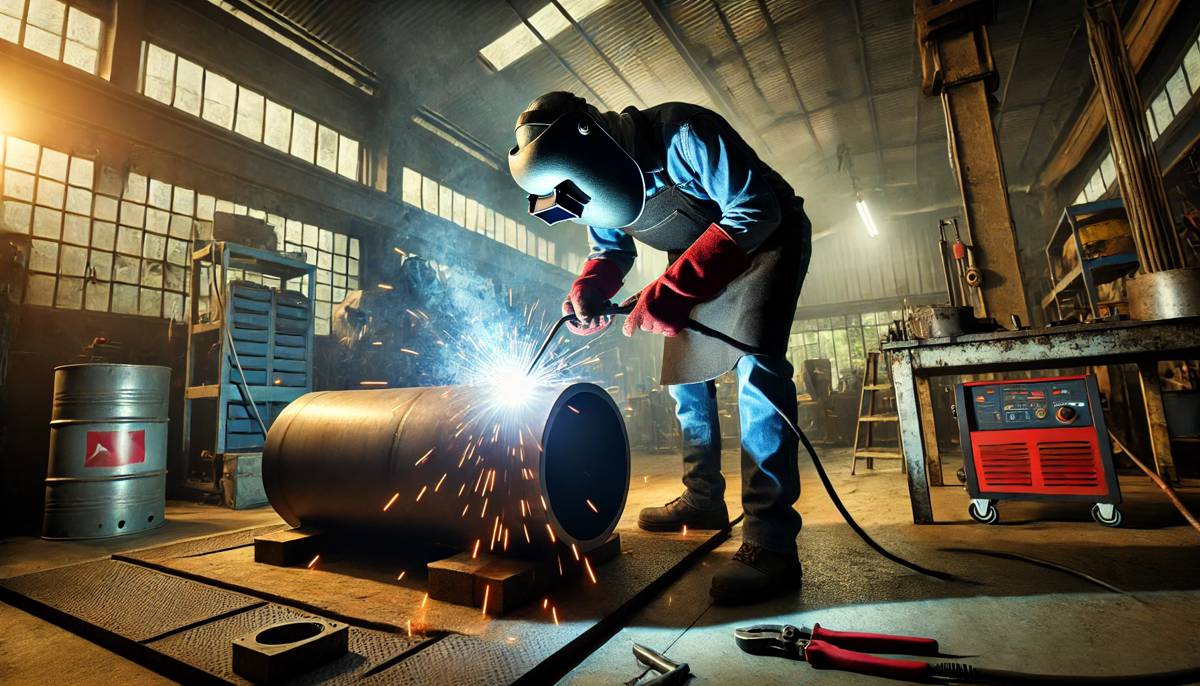
Key features to consider when choosing professional welders
When purchasing professional welders, it’s crucial to prioritize key features that ensure the machines meet your specific needs and deliver long-lasting, reliable performance. By focusing on the right specifications, you can maximize efficiency and get the most value from your investment. Here are the top features to consider:
- Power and voltage – the power output of a professional welder is a critical factor, as it determines the thickness of materials you can effectively weld. Choose a welder that matches the power requirements of your projects. High-power welders are ideal for working with thicker metals, while lower-power machines are better suited for thin materials like sheet metal. Look for welders with adjustable power settings, as these provide greater flexibility and control over the welding process.
- Duty Cycle – the duty cycle measures how long a professional welder can operate before requiring a cooling period. For large projects or continuous workflows, a high-duty cycle is essential to ensure uninterrupted operation. Welders with a higher duty cycle can handle intensive tasks without overheating, increasing productivity and minimizing downtime. Choosing a machine with a robust duty cycle is crucial for professional environments where efficiency is key.
- Portability and size – the portability and size of a professional welder can significantly impact its usability, depending on your workshop setup and project requirements. For jobs requiring frequent movement or transportation to different sites, prioritize a compact, lightweight welder that is easy to carry. Conversely, if your work is primarily stationary, a larger, more powerful machine may offer the performance and durability needed for heavy-duty tasks. Choose a welder that aligns with your workflow to maximize efficiency and convenience.
- Ease of use and controls – even the most advanced professional welders should be user-friendly and easy to operate. Look for machines with intuitive controls, clear digital displays, and straightforward adjustment settings. A welder designed for ease of use will help you save time during setup and ensure precise results, making it an essential feature for both beginners and experienced professionals.
- Advanced features – modern professional welders often include advanced technology that enhances performance and efficiency. Look for features such as inverter technology, digital controls, and automatic material settings, which can simplify operation and improve precision. Inverter technology, in particular, is prized for its energy efficiency and ability to deliver smooth, stable arcs, making it invaluable for precision welding tasks. Investing in advanced features ensures a more efficient and versatile welding experience, suitable for a wide range of projects in your workshop.
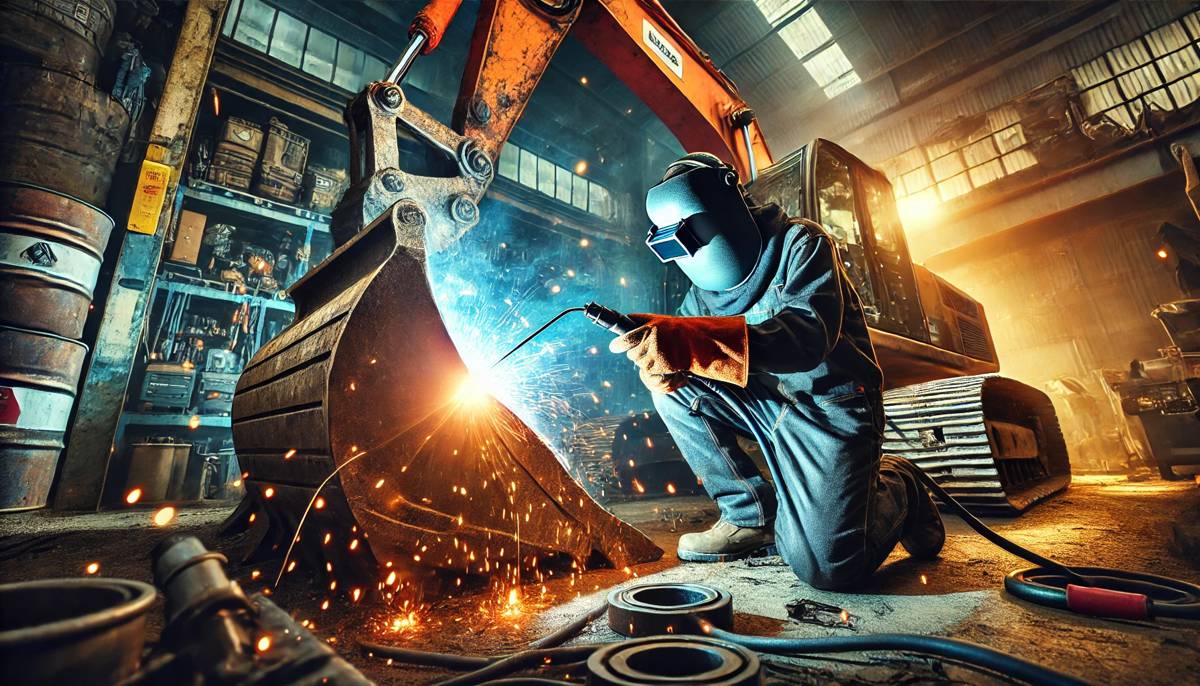
Matching professional welders to your workshop’s needs
Every workshop is unique, and selecting the right professional welders depends on your specific requirements and workflow. The nature of your projects, materials, and work environment should guide your decision. Below are common workshop setups and the types of welders best suited for each scenario:
- Automotive Workshops – precision and cleanliness are critical for automotive welding, as you’ll often work with thin metal panels and intricate repairs. TIG welders are the preferred choice for this type of work due to their ability to create clean, high-quality welds on materials like aluminium and stainless steel. Their precise control minimizes the risk of warping or damage, making them ideal for delicate components commonly found in automotive repairs.
- Metal fabrication shops – for heavy-duty metal fabrication, choosing a welder that can handle thick materials like steel is essential. Stick welders and MIG welders with high power output are ideal for these demanding tasks. Stick welders excel in outdoor environments where wind or debris can interfere with other welding processes, making them a reliable choice for unpredictable conditions. Meanwhile, MIG welders offer efficiency and precision, making them well-suited for indoor fabrication projects requiring clean, strong welds.
- Repair and maintenance workshops – for workshops that handle diverse tasks, such as repairing farm equipment or household tools, a multi-process welder is an excellent investment. These versatile machines allow you to seamlessly switch between MIG, TIG, and Stick welding, providing the flexibility to tackle various materials and projects. Multi-process welders also save valuable workshop space by combining multiple welding capabilities into one compact unit, making them ideal for busy repair and maintenance environments.
- Small home workshops – for smaller operations or home-based workshops, portability and ease of use are essential. A compact MIG welder with inverter technology is an excellent choice, offering enough power to handle most home projects while being lightweight and easy to transport. Its compact design ensures it can be conveniently stored when not in use, making it ideal for limited spaces or occasional welding tasks.
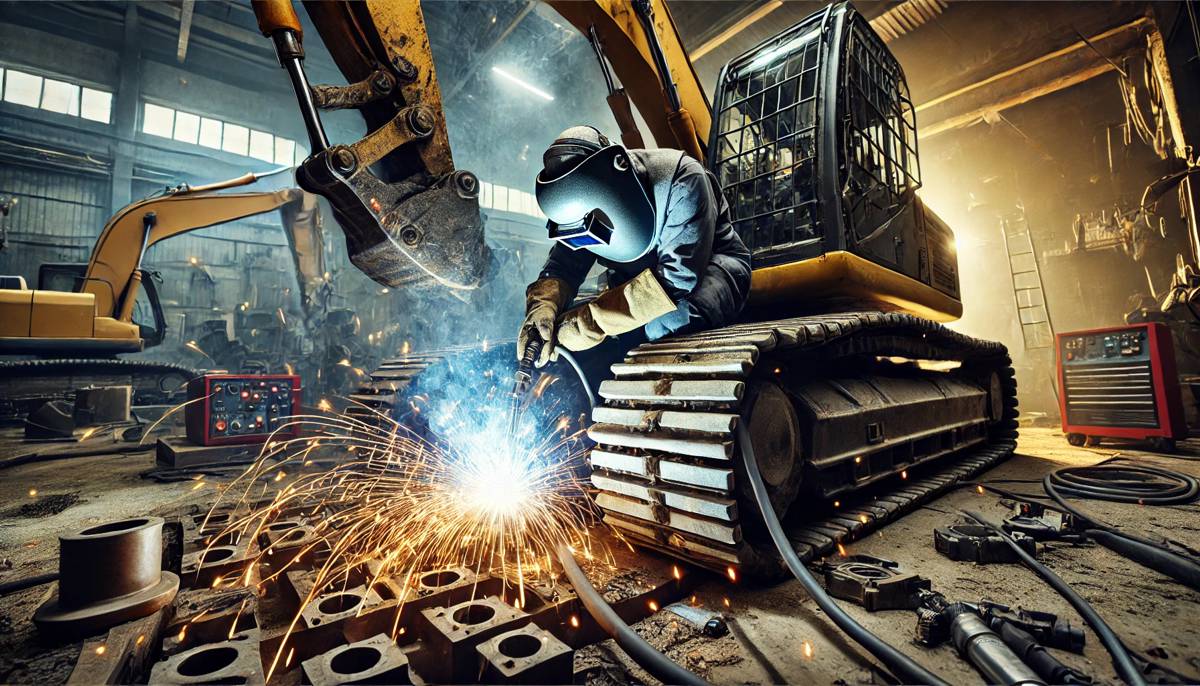
Investing in the right professional welder for long-term success
Selecting the best professional welder for your workshop is a critical decision that can significantly impact your productivity and results.
By exploring the different types of welders – such as MIG, TIG, Stick, and multi-process machines – and aligning your choice with your specific workshop needs, you can make an informed investment. Prioritize key features like power output, duty cycle, and ease of use to ensure your welder delivers reliable, long-term performance.
The right welder not only enhances efficiency but also provides the versatility and durability needed to support your workshop’s growth.








